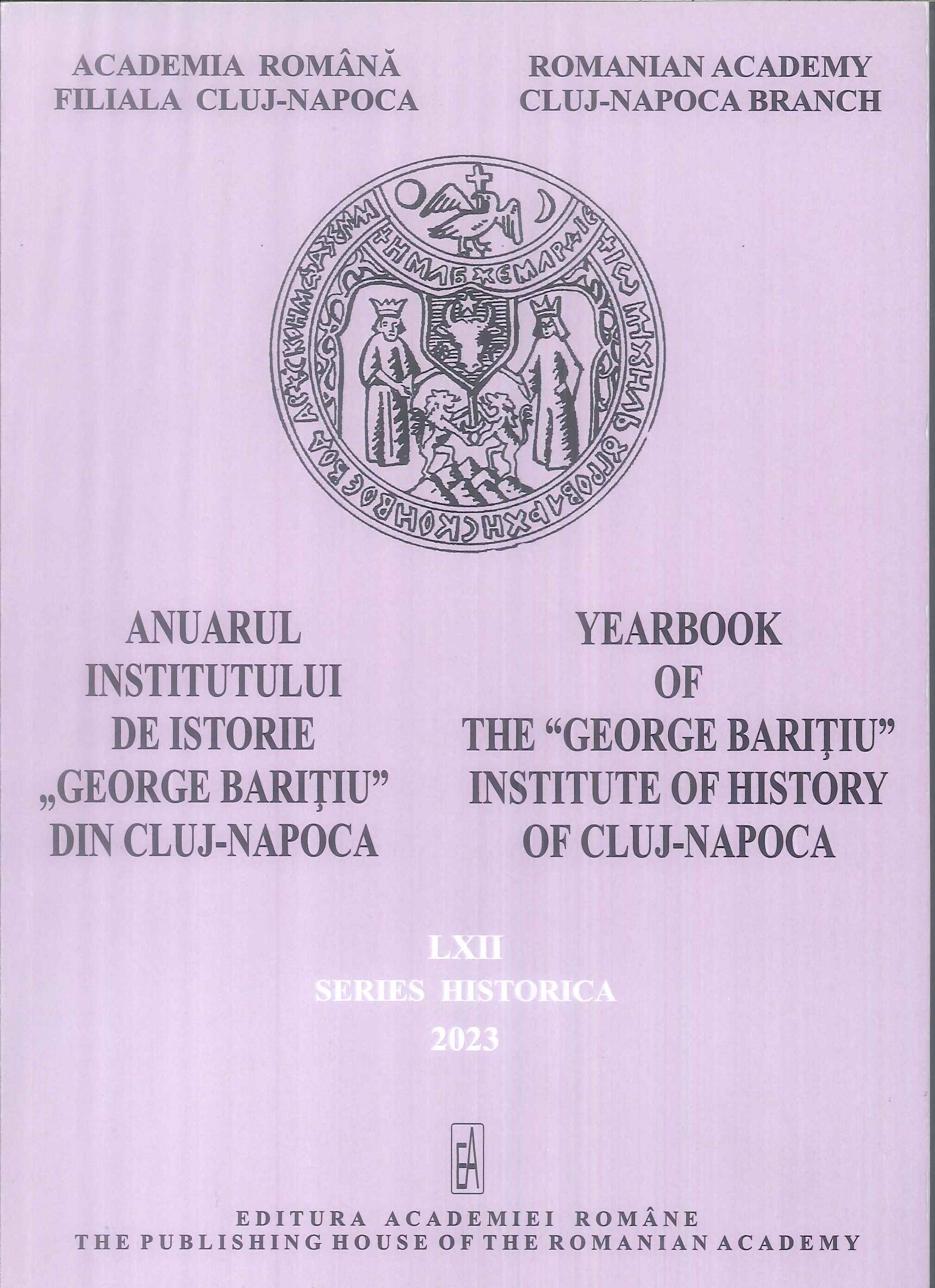Origine socială, rețele confesionale și de familie la elita politică românească din Transilvania. Studiu de caz: deputații greco-catolici și ortodocși (1861-1918)
Social origin, confessional and family networks in the Romanian political elite in Transylvania. Case Study: Greek Catholic and Orthodox Deputies (1861-1918)
Author(s): Ana Victoria Sima, Marius EppelSubject(s): History, Local History / Microhistory, 19th Century, Pre-WW I & WW I (1900 -1919), Source Material
Published by: Editura Academiei Române
Keywords: Romanian political elite; Transylvania; social mobility; family and confessional networks;
Summary/Abstract: This study analyses to what extent social origin, family and confessional networks influenced the rise and development of the Romanian political elite in Transylvania in the second half of the nineteenth century and at the beginning of the twentieth century. This analysis focuses on the Greek-Catholic and Orthodox laymen and clergymen who asserted themselves in the political life of Transylvania during the studied period. Starting from the unanimously accepted premise that clergymen were gradually replaced by secular politicians (laymen) on the political stage in the second half of the nineteenth century, we aim to achieve the following goals. First of all, we wish to identify the social provenance of this political elite and the decisive role played by the socio-economic background in their advancement as individual actors or as members of a decision-making group. Secondly, we intend to see to what extent belonging to a confession, in this case to the Greek-Catholic and Orthodox faith, was an incentive towards political cohesionin dualistic Hungary. Specifically, we will try to answer a few research questions such as: did confession still serve, in the second half of the nineteenth century, as an invisible bondamong the Romanian political elite? Given the existing structures in the territory, at the level of the dioceses, vicariates and deaneries, could confession ensure a broader and more efficient electoral support compared to other voter activation mechanisms? Last but not least, we will attempt to capture the socio-confessional networks existing at the level of the Romanian political groups, their ramifications in the territory and their ability to support and influence the political leaders’decisions.
Journal: Anuarul Institutului de Istorie »George Bariţiu« - Series HISTORICA
- Issue Year: LXII/2023
- Issue No: 62
- Page Range: 173-200
- Page Count: 28
- Language: English, Romanian

